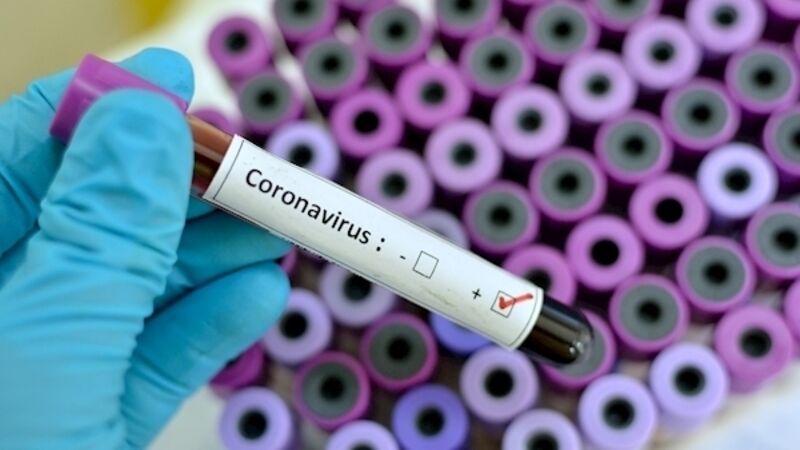Joe Gill: Irish food industry faces up to coronavirus threat

Both African Swine Fever and the coronavirus are causing huge disturbances in the global economy with the effects being especially acute in the food industry.
Both the fever and virus are attributable to shortcomings in food supply chains in particular, and they shine a light on the importance of safe production and distribution systems related to food consumed by humans.













